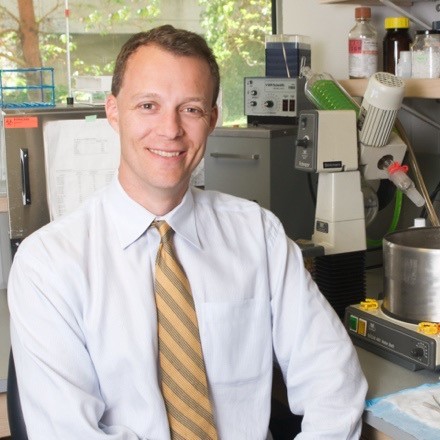
01 Mar What Really Happens in an NIH Study Review
Register below to receive Zoom link.
Description
The session will answer the question: How is your NIH submitted grant reviewed and scored? Dr. Martin and Dr. Amory will review how an NIH Study Section works and evaluates your grant, with specific emphasis on the importance of stating a clear hypothesis and the five main sections of the proposal. A better understanding of how grants are evaluated can inform your grant writing process and help clearly communicate your ideas to reviewers, maximizing your changes of receiving funding.
Pre-Work
Before the CDS live event on March 24th, please view this 15min video “NIH Peer Review Revealed” at https://www.csr.nih.gov/video/2010/CSRVideoRevealed.mov
Learning Objectives
At the end of the session, participants will be able to:
- List the five scored components of the grant application
- Describe the central importance of clearly stated and testable hypothesis to the success of the application
- List the four different ways a grant reviewer will categorize the application
Schedule of Activities
- 12:00-12:05pm – Welcome, Overview, Introductions
- 12:05-1:25pm – Presentation and Q&A
- 1:25-1:30pm – Thank You and Feedback Survey
About the Speakers
 Paul J. Martin, MD, a co-Principal Investigator of ITHS, served as the Medical Director of Clinical Research Support, the Fred Hutch Clinical Trials Office, from 2011 to 2017. He is a Member of the Fred Hutch and a Professor of Medicine at the UW. Dr. Martin has more than 40 years of experience with hematopoietic cell transplantation at Fred Hutch, focusing on acute and chronic graft-versus-host disease (GVHD).
Paul J. Martin, MD, a co-Principal Investigator of ITHS, served as the Medical Director of Clinical Research Support, the Fred Hutch Clinical Trials Office, from 2011 to 2017. He is a Member of the Fred Hutch and a Professor of Medicine at the UW. Dr. Martin has more than 40 years of experience with hematopoietic cell transplantation at Fred Hutch, focusing on acute and chronic graft-versus-host disease (GVHD).
 John K. Amory, MD, MPH, MSc, is a Northwest native who received his undergraduate degree from Harvard University and his MD degree from the University of California, San Francisco where he also completed his residency in Internal Medicine. In addition, he has earned both a Master’s degree in Public Health and a Master’s degree in Pharmaceutics from the University of Washington.
John K. Amory, MD, MPH, MSc, is a Northwest native who received his undergraduate degree from Harvard University and his MD degree from the University of California, San Francisco where he also completed his residency in Internal Medicine. In addition, he has earned both a Master’s degree in Public Health and a Master’s degree in Pharmaceutics from the University of Washington.
He is currently a Professor of Medicine and Section Head of General Internal Medicine at the University of Washington Medical Center where he works as an attending physician on the inpatient medicine wards and in the General Internal Medicine and Men’s Health Clinics. Dr. Amory has published more than 170 peer-reviewed papers and chapters in the area of male reproduction, focusing on the development of novel male contraceptives and new approaches to the treatment of men with infertility and hypogonadism. He lives in Seattle with his wife, Josie, and two sons.







